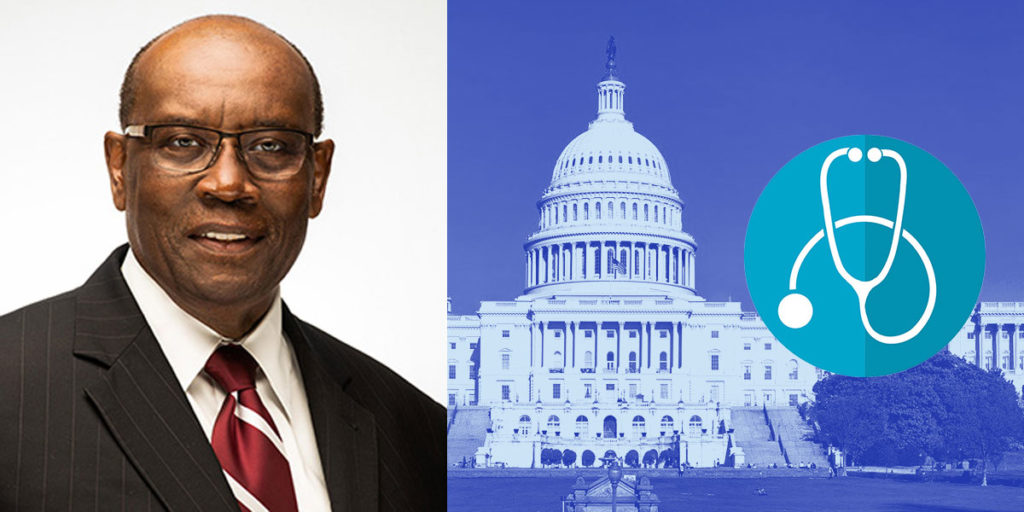Many liberals offer Canada’s government-run healthcare as an example for the U.S. to emulate. In 2015, Canada’s Supreme Court struck down all national and provincial bans on assisted suicide.
Reportedly, health care officials now “inform” patients of their right to die. The collision of individual rights and a collectivist medical system will always produce such tension.
The court decision is grounded in individual rights. The court held that, “An individual’s response to a grievous and irremediable medical condition is a matter critical to their dignity and autonomy. The prohibition denies people in this situation the right to make decisions concerning their bodily integrity and medical care and thus trenches on their liberty.”
This reasoning is spot-on. Individual freedom is based on people owning their lives, and ownership ultimately involving decision rights. Any concept of self-ownership must, I think, include a right to assisted suicide. But Canada also considers health care to be a human right, which I will not debate today.
Medical care is crucial for modern life, beginning with birth at a hospital. Medicine has dramatically reduced the health risks of childbearing and infant mortality, plus enabled the survival of premature babies. It is natural to want all people to receive life-sustaining medical care.
Enshrining health care as a right obligates government provision, since protecting rights is job number one of any government which serves the people. Decisions about medical care must then be made collectively by elected representatives and bureaucrats in addition to doctors and patients, since in a democracy no one person dictates policy.
Full individual autonomy over care, including end-of-life care, is inconsistent with government health care. Government officials must care about cost. Scarcity means we cannot get everything we desire and exists even with government health care. Money spent on end-of-life care is not available for other medical procedures or government programs.
And end-of-life care is expensive; 20% of all health care expenditures in the Province of Manitoba occur on average during the last six months of life.
The impact of assisted suicide on cost is a natural question. One study estimated that perhaps 4% of deaths might be assisted, with potential savings of $140 million annually. In 60% of cases, suicide would hasten death by a month or less.
These estimates, I think, strengthen the argument for legal assisted suicide. Anyone who has witnessed a loved one’s cancer death understands the pain of our current practice. Just as patients have the right to refuse medical treatment, they should be able to avoid the pain of the dying process.
Recent stories though report that Canadian health care officials now inform patients — including the non-terminally ill — of their assisted suicide option. Assisted suicide is legal in Canada for non-terminal conditions producing “intolerable suffering” with no hope for treatment. But potentially encouraging suicide to save money seems ethically problematic.
Canada’s government-run system features lengthy delays for many procedures, even relative to other government health systems and despite some wealthy Canadians coming to the U.S. for treatment. Shortages signal inadequate funding. A government struggling to provide adequate care faces the temptation to encourage euthanasia for high-cost patients.
This highlights what I suspect is a major barrier to legalization, the temptation to encourage others. Many of us might fear encouraging relatives to not squander our inheritance on expensive care and enormous guilt if our loved ones then chose this option.
We prohibit assisted suicide as a form of self-constraint: we eliminate a hard-to-resist option. This concern likely extends to medical professionals; doctors may wish to avoid any conversations with patients concerning assisted suicide.
Economics recognizes scarcity and the ensuing tradeoffs as unavoidable. Choices must be made even when facing terrible tradeoffs. The only questions are who makes these decisions and whether they reflect sober analysis.
As Canada’s struggle with assisted suicide illustrates, government-run health care means making these most personal decisions collectively.
Daniel Sutter is the Charles G. Koch Professor of Economics with the Manuel H. Johnson Center for Political Economy at Troy University and host of Econversations on TrojanVision. The opinions expressed in this column are the author’s and do not necessarily reflect the views of Troy University.













